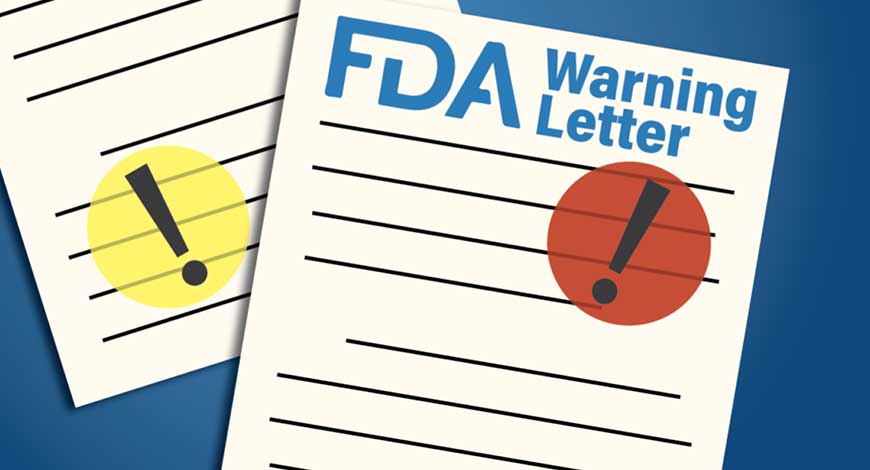Company News
FDA warns Philips about CT machine violations at China facility

The US Food and Drug Administration (FDA) has warned Philips about manufacturing violations at the company’s facility in Suzhou, China, where computed tomography (CT) and ultrasound systems are produced, following an inspection in October 2023.
The warning from the agency’s Center for Devices and Radiological Health followed an inspection that cited good manufacturing practice (GMP) infractions related to the manufacture of the imaging devices and concluded the products were adulterated. FDA asked the company to notify the agency in writing within 15 days of steps taken to address the violations of the Federal Food, Drug, and Cosmetic Act (FD&C Act) and prevent similar problems from happening in the future.
The Suzhou facility primarily supplied markets outside the US, according to the company. The issues did not result in reports of patient harm, Philips noted in emailed comments to Focus.
“Philips is committed to completing the necessary actions in its Suzhou facility in a timely manner,” the company said. “At this point, the Philips Suzhou team does not anticipate production or shipment disruptions, or a material financial impact.”
Many complaints
The warning letter cited the company’s reported failure to ensure validation of the injection molding process used by the supplier of Philips’ Incisive CT patient interface monitor (PIM) data cable, spurring 64 complaints about cable connection issues.
“The cable connection failure led to ECG gating signal loss/error, which could cause a potential rescan and delay in diagnosis,” FDA noted in the letter.
According to FDA, Philips also failed to properly notify the agency about the correction or removal of a device in response to CT software defects resulting in reversed or upside-down images or image artifacts and incorrect image orientation, which could cause misdiagnosis.
Philips responded to FDA in late 2023 that it had made changes to address issues at the facility, including placing a product hold on the data cable and requiring the supplier to perform process validation and requalify. But FDA determined that the responses were inadequate.
“Your firm’s responses also include a retrospective review protocol defining the requirements and process for evaluating purchased parts provided by suppliers to support currently marketed products (for only parts released from July 1, 2021, to August 31, 2022),” FDA wrote in the letter. “However, this retrospective analysis is limited to parts manufactured during a 14-month period and does not cover all relevant manufacturing processes (both at Philips facilities and at suppliers) to evaluate whether they have been adequately validated.”
FDA said that Philips needs to go back further in time to address older recalls, including the Ingenia MR system, which was pulled after power outages. And while the company notified the agency that it was updating a document on product corrections and removals, it didn’t show how it was managing employee training.
“Other federal agencies may take your compliance with the FD&C Act and its implementation regulations into account when considering the award of federal contracts,” the agency warned. “Additionally, should FDA determine that you have Quality System regulation violations that are reasonably related to premarket approval applications for Class III devices, such devices will not be approved until the violations have been addressed.”
FDA asked that Philips include in its response to the letter a timetable for corrections.
“If corrections and/or corrective actions cannot be completed within fifteen business days, state the reason for the delay and the time within which these activities will be completed,” the agency wrote.
“We will notify you regarding the adequacy of your firm’s responses and the need to re-inspect your firm’s facility to verify that the appropriate corrections and/or corrective actions have been made,” FDA wrote. “If you believe that your products are not in violation of the FD&C Act, include your reasoning and any supporting information for our consideration as part of your response.”
In its comments to Focus, Philips said that it has intensified efforts to strengthen patient safety and quality management across the company. The company said it will coordinate with FDA and other national authorities around the world to correct any problems quickly.
“Philips takes the FDA’s feedback very seriously,” the company said. “The Philips Suzhou team has provided a written response to the FDA outlining the actions to fully address the feedback and will continue to provide regular status reports to the FDA with the progress.” RAPS.org














